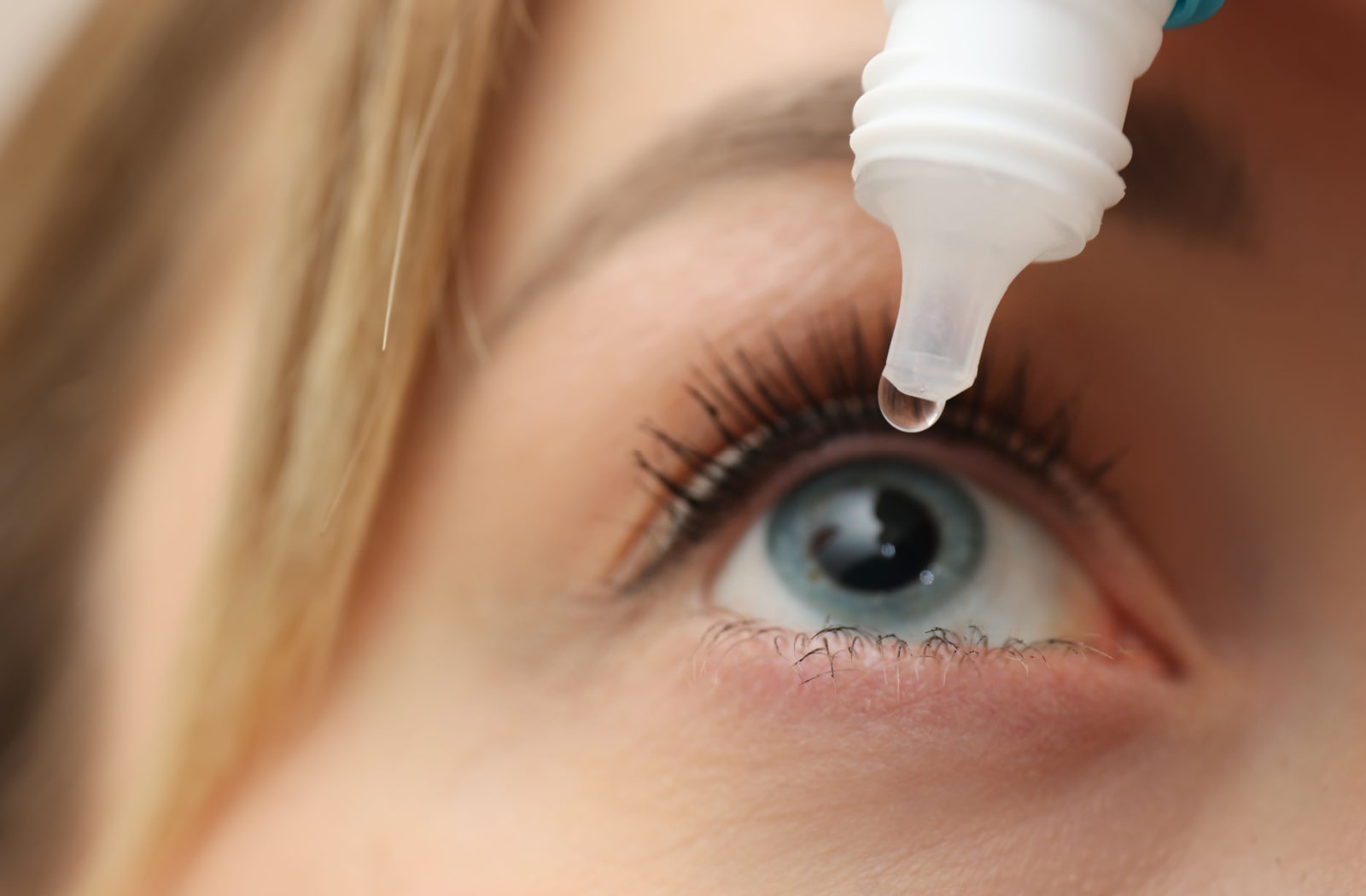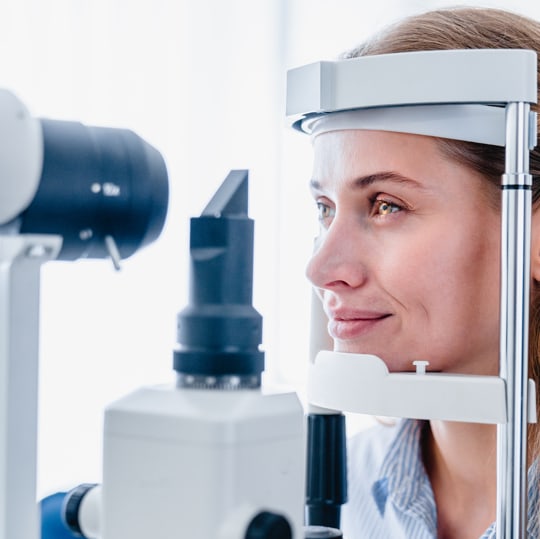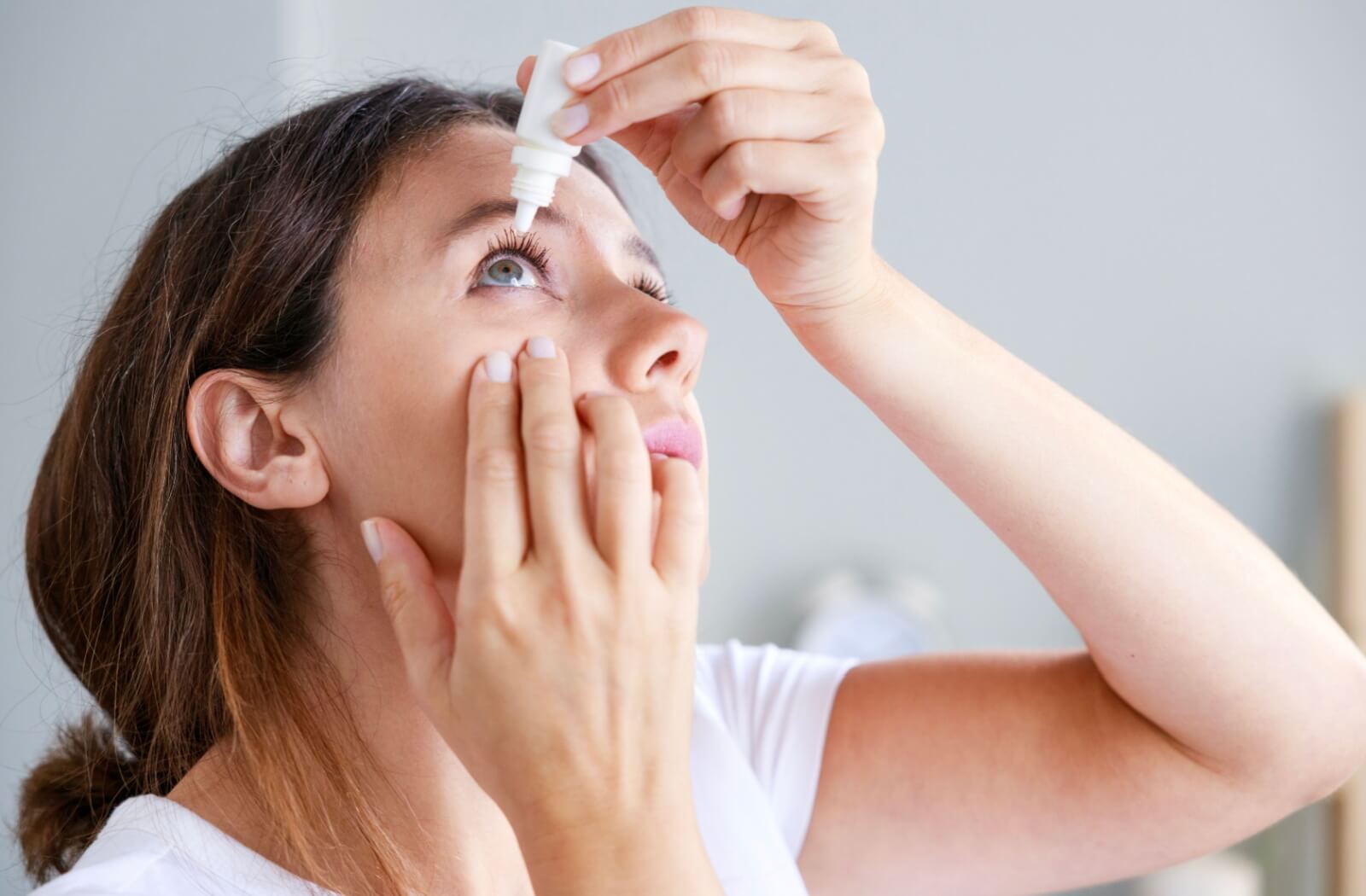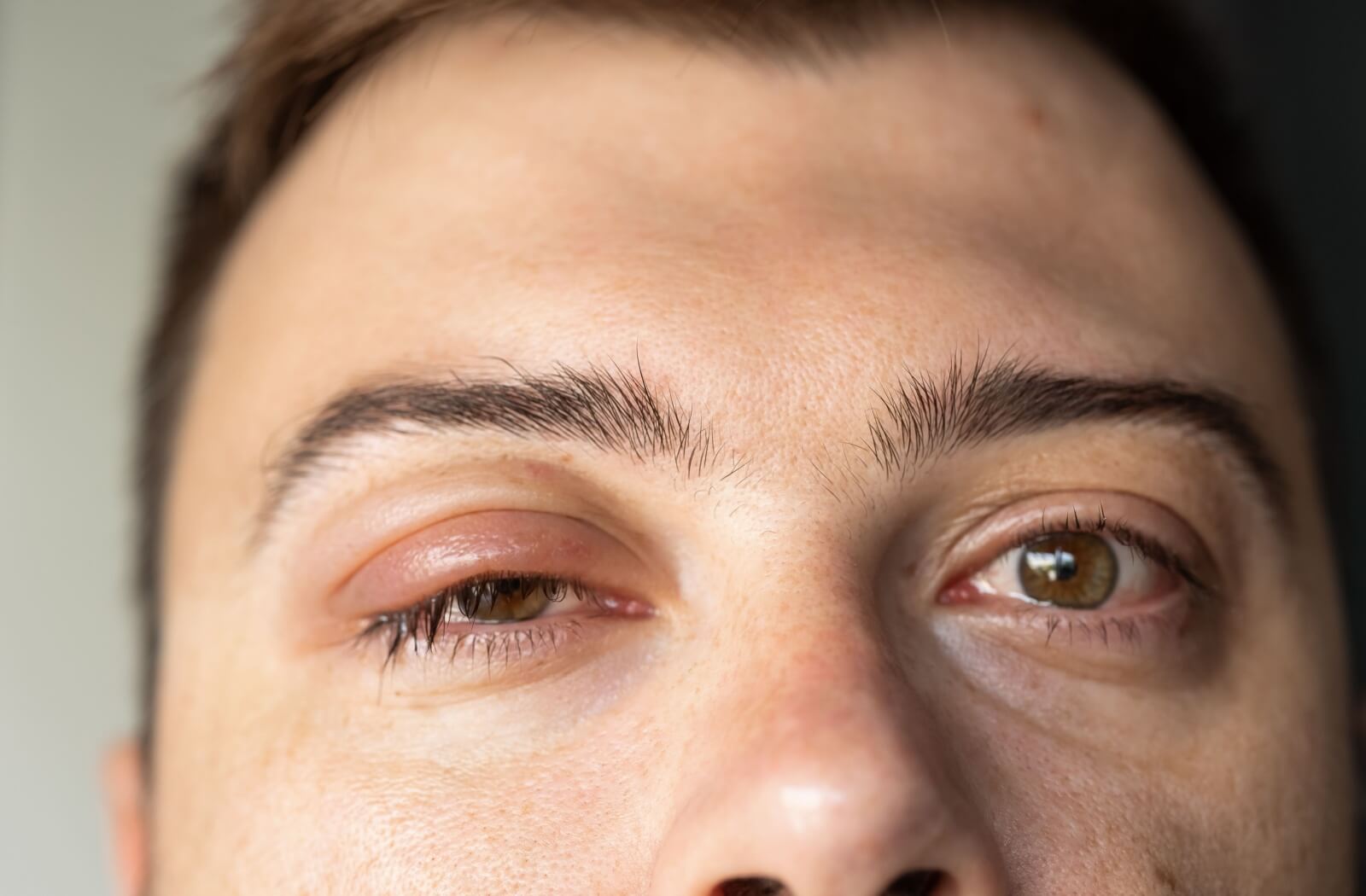We have all had moments where we found expired medications or solutions in our medicine cabinets and wondered if they were still effective or harmful. Checking the expiration date on the product is essential before use, and this is especially true for eye drops which can degrade over time. It’s not recommended to use expired eye drops as they can become ineffective or contaminated over time.
Any time you use a product on your eyes, it should be done carefully. Whether you’re using artificial tears, allergy drops, or prescription antibiotics, you should follow the expiration date closely. During your comprehensive eye exam, your optometrist can answer questions about your eye drops and provide personalized instructions.
Best Before Date vs. Expiration Date
Understanding the difference between “best before” and expiration dates is essential. The yogurt in your fridge has a best-before date, a flexible guideline indicating food’s freshness.
However, expiration dates on medication are strict and indicate the product will work at optimal strength until that date. However, you should always consult your doctor or optometrist for further advice.
The Effectiveness of Expired Eye Drops
Although the effectiveness of expired eye drops depends on various factors, the product’s expiration date is a good place to start. Expired eye drops may not be as effective as the manufacturer intends. Factors that can affect the effectiveness of an expired eye drop include:
- Manufacturer guidelines
- Storage method
- Type of eye drop
Therefore, it’s essential to check the label and consult with your optometrist for recommendations.
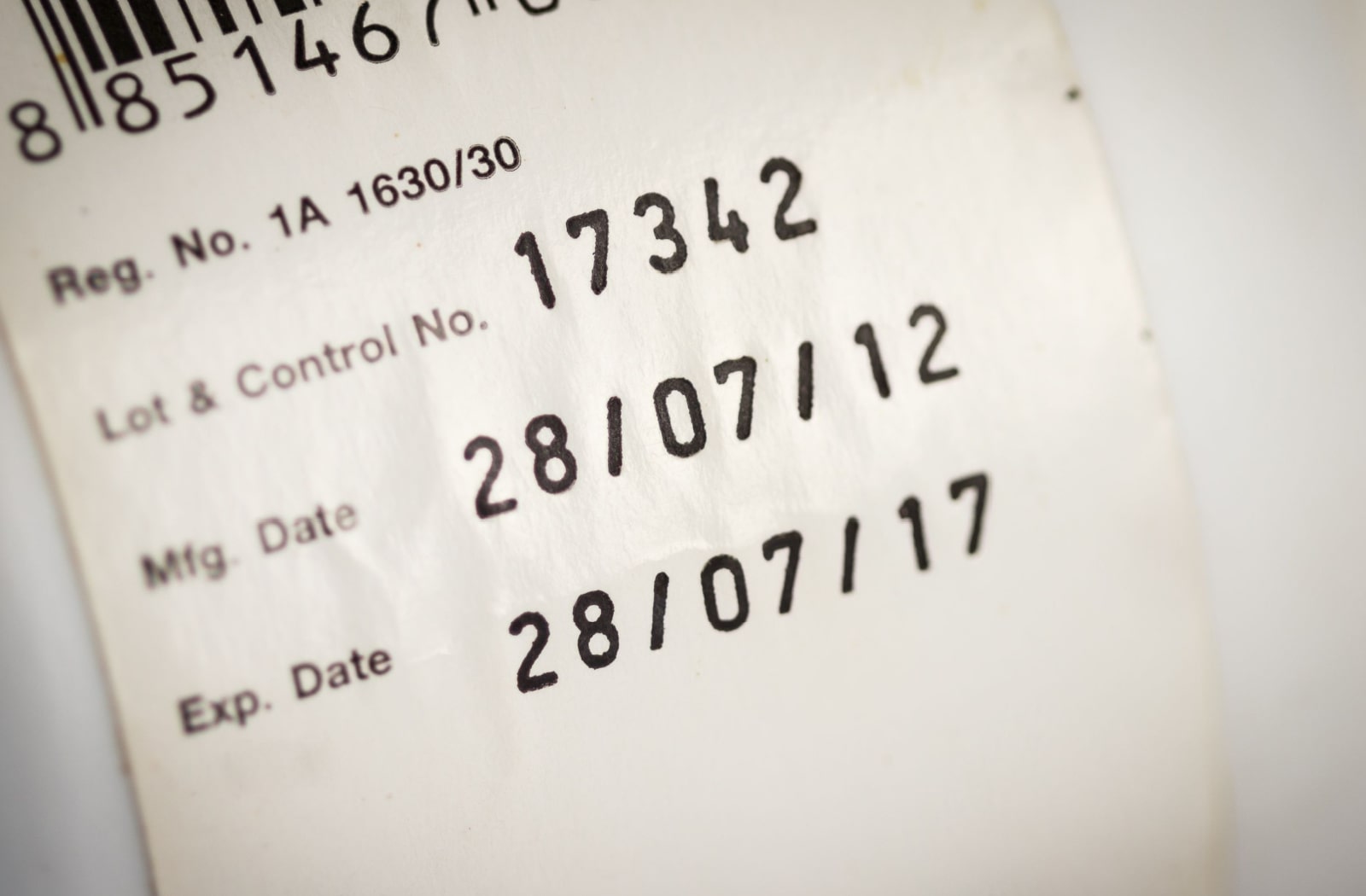
Risks of Using Expired Eye Drops
Expired eye drops may also cause possible risks and eye irritation. The product may have degraded over time, making the solution to be less effective or even contaminated, causing symptoms such as:
- Discomfort
- Burning
- Dry eyes
While the risks could be minimal, using expired drops could compromise your eye health, and it’s best to err on the side of caution.
Proper Storage of Eye Drops
Proper storage is crucial in maintaining the potency of eye drops. Eye drops should be kept in a cool, dry, and clean place. Avoid leaving the product in the car or in direct sunlight, which could cause the medication or solution to degrade and become less effective.
How to Use Eye Drops
Taking care of your eye health is crucial to help maintain clear vision and prevent eye problems. One aspect of eye health that is often overlooked is the proper use of eye drops. Whether you use eye drops to treat dry eyes, allergies, or other eye conditions, using them correctly to get the desired effects and avoid any adverse reactions is essential.
Follow the Directions Carefully
Whether your eye drops are prescribed or over-the-counter, you should discuss eye drops before use. Follow the instructions on the label or the directions of your optometrist to see relief from your symptoms.
Different eye drops have additional instructions for use, dosage, and frequency, and it is crucial to adhere to them strictly to avoid any complications or adverse reactions. Using too many drops more frequently than advised or longer than recommended can cause side effects like vision changes, redness, itching, and swelling.
Apply Eye Drops Properly
The first important aspect of using eye drops correctly is applying them properly.
- Tilt your head back and look up
- Pull the lower eyelid down
- Hold the dropper over the lower eye
- Squeeze the bottle gently to release 1 or 2 drops
Maintain Hygiene & Sanitation
Maintaining hygiene and sanitation while using eye drops is vital to avoid bacterial or fungal infections.
- Always wash your hands with soap and water before handling eye drops.
- Do not touch the dropper tip with your fingers or any other surfaces to prevent contamination.
If you use eye drops to treat an infection, avoid sharing the bottle with anyone else, even if they have a similar eye problem. Replace the dropper cap securely after use, and store the bottle in a cool, dry place.
Visit Your Optometrist for Preventative Eye Care
The best way to avoid the need for eye drops is to visit your optometrist regularly for an eye exam. At Eyesis Eyecare Center, our doctors can detect early signs of eye conditions, infections, or dry eye and offer solutions, including eye drops.
Using expired eye drops can come with heightened risks and reduced effectiveness. If you accidentally use expired drops or have questions about eye care, schedule a comprehensive eye exam with our friendly and knowledgeable team.


